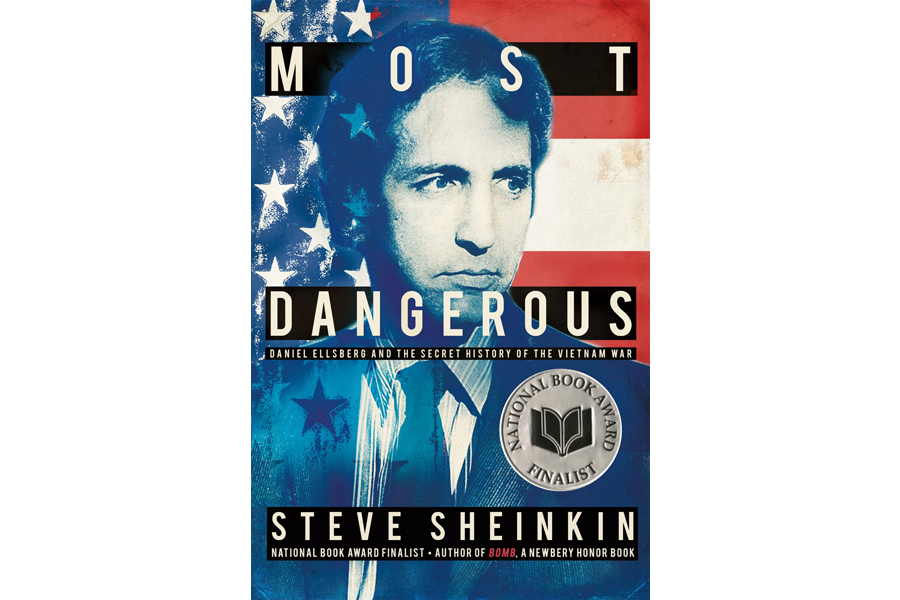Long before Edward Snowden made headlines by leaking classified information about US surveillance programs, Daniel Ellsberg became perhaps the most famous whistle-blower in American history. A former Pentagon military analyst, Ellsberg felt compelled in 1971 to share a secret document, known as the Pentagon Papers, with The New York Times and other newspapers that called into question US involvement in the Vietnam War and the escalation of US military presence in the conflict. Although he faced charges that could have led to years in prison, they ultimately were dismissed and the revelations contained in the Pentagon Papers hastened the war’s end.
Here’s an excerpt from Most Dangerous:
“Ellsberg continued reading all summer, with the door of his office closed.
“And as he dug deeper into the Papers, another form of deception began to emerge, one even more troubling than the lies. It was something he had begun to sense in 1967, when he’d worked briefly on the study after returning from Vietnam.
“Now it hit him full force. In over twenty years of war, the United States had never actually tried to win.
“Each president, of course, had hoped to win, and had wanted to win. And yet what the Pentagon Papers showed was that each president made decisions to escalate American involvement in Vietnam knowing that what he was doing had little chance of success. Time and time again, military leaders told presidents what it would take to win. Time and time again, presidents escalated – but stopped short of giving the generals what they said they needed.”
(Roaring Brook Press, 370 pp.)







